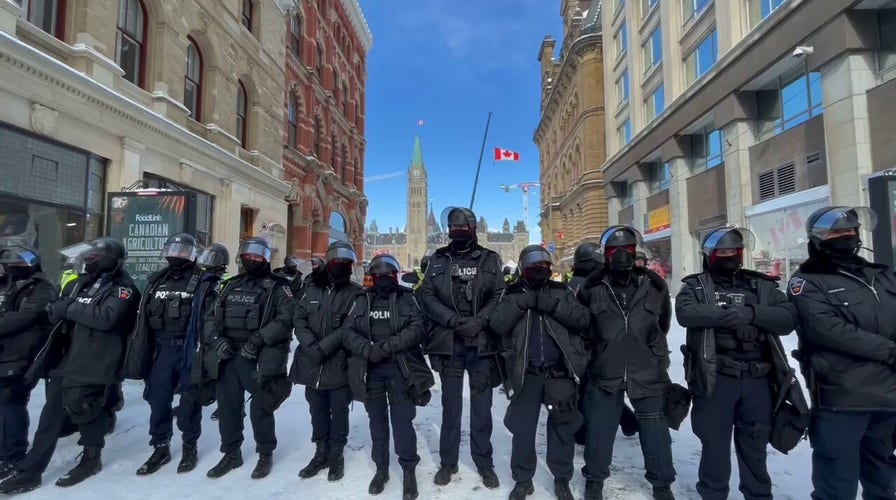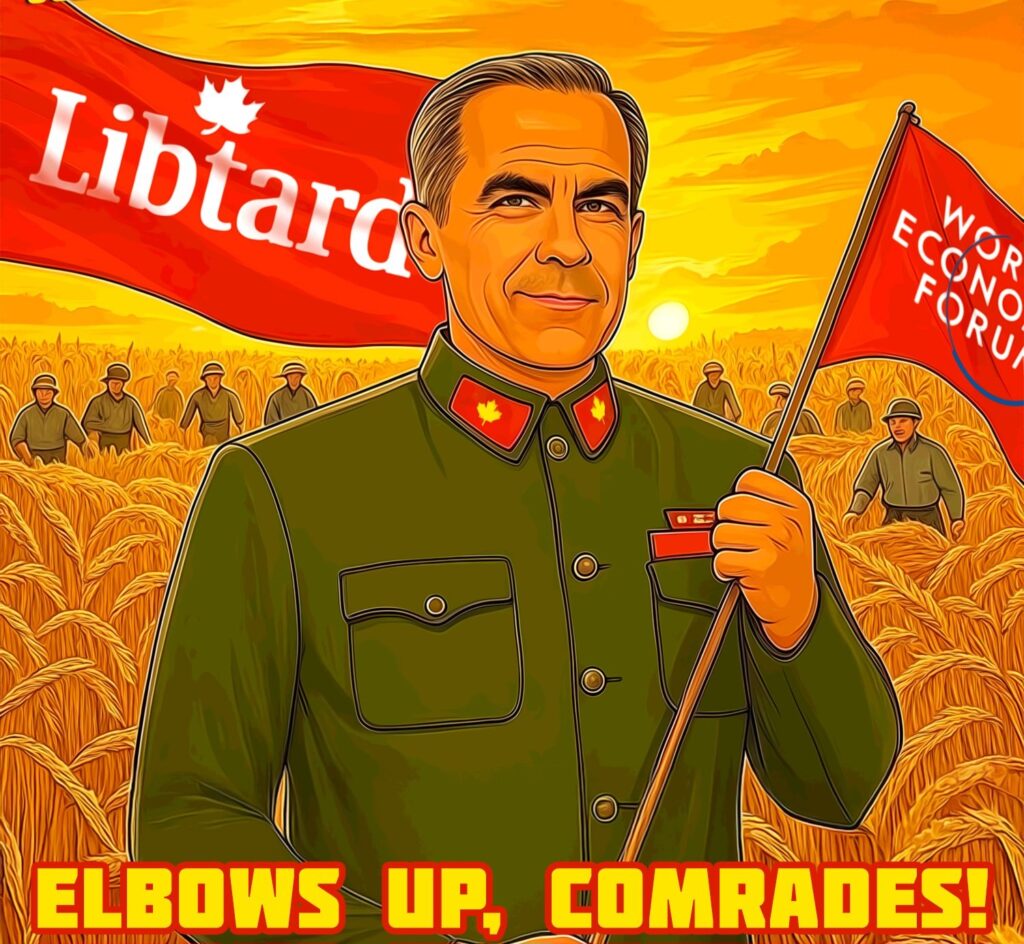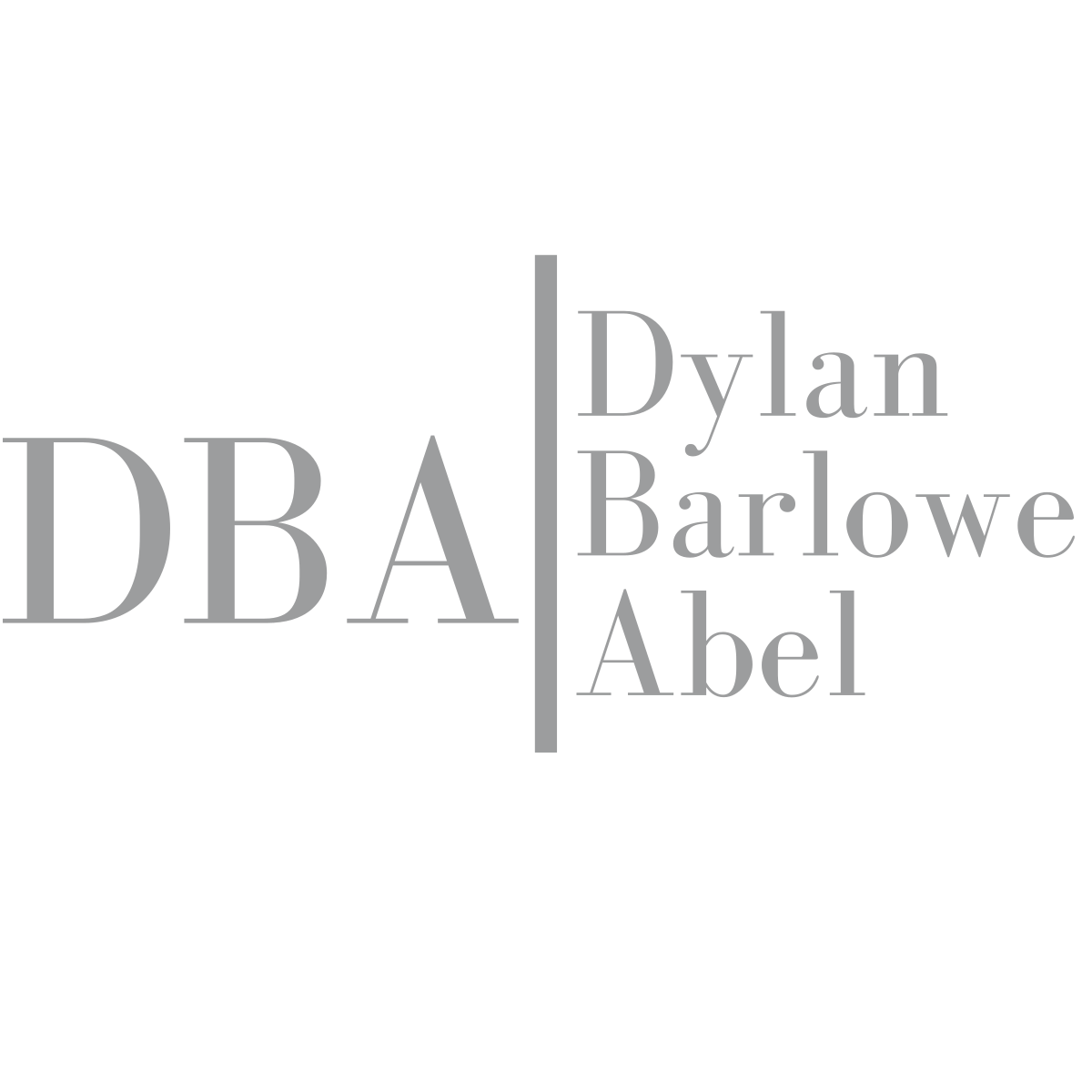Your cart is currently empty!
Tag: Donald
-

Canadians right to protest is gone
With the 2025 G7 Summit just a week away, details about the RCMP and federal government’s security plan and authorized protest zones have been revealed. These decisions echo past controversies involving the Liberal Party and protests, raising important questions about the right to protest and public safety.
The current authorized protest zones for the G7 are located over an hour’s drive—approximately 100km—from the summit’s host location in Kananaskis Village. This distance renders protests virtually ineffective, as participants and politicians alike would be unable to see or hear them. This situation is reminiscent of the Liberal Party’s response to protests they disagreed with, such as those on Parliament Hill during the COVID-19 pandemic, where authorities used force to disperse protesters.
If peaceful protesters were to attempt to demonstrate in a more effective location during the G7 Summit, what would the RCMP do? Would they use force to remove peaceful civilians, or would they simply ask protesters to return to the designated zones?
Another critical issue is the potential violation of Charter rights. Canadians have the right to protest and assemble peacefully. However, the government’s decision to create a 100km buffer zone around the summit raises questions about whether this is a reasonable limitation of these rights. If politicians are not affected by protests, can they truly be considered effective?
The RCMP’s own analysis sheds some light on this decision. A secret RCMP report from March 2024 warned that Canadians may revolt once they realize the extent of the country’s economic struggles. This report suggests that the government may be taking extra precautions to avoid potential disruptions or protests that could escalate into larger issues.
The perception that the ruling class is afraid of the people and is taking measures to insulate themselves from public dissent is a troubling one. It raises the question: Is it reasonable for elected officials to push protesters far away so they can enjoy their time while we struggle? Or do politicians have a duty to let us, the people, demonstrate on their doorstep?
Either way forcing protestors to be an hour away is the erosion of the rights of Canadians to assemble and demonstrate peacefully.

-
Timeline of Sports Fans Booing National Anthems
News headlines and truth can be hard to decode these days with all the propaganda and algorithmic pushing of certain view points. I have heard a few people mention Americans booing the Canadian anthem but not one mention of Canadians booing the American Star-Spangled Banner. This made little sense to me based on the events that would have led up to it. So I put a timeline together of the events to provide people a resource to understand the events.
The 2025 wave of anthem booing began with Canadian fans. Here’s a detailed explanation of the events:
- On February 1, 2025, hours after U.S. President Donald Trump’s tariff announcement, Canadian fans at the Ottawa Senators vs. Minnesota Wild NHL game booed “The Star-Spangled Banner.” This was the first notable instance of anthem booing in the 2025 wave.
- That same day, February 1, 2025, Canadian fans also booed the U.S. anthem at the Calgary Flames vs. Detroit Red Wings NHL game.
- The booing by Canadian fans continued at subsequent games, including:
- February 2, 2025: Toronto Raptors vs. Los Angeles Clippers (NBA) and Vancouver Canucks vs. Detroit Red Wings (NHL).
- Additional instances on February 4 and February 15, 2025.
- U.S. fans occasionally retaliated by booing “O Canada,” with the first instance occurring on February 3, 2025, at a game in Nashville. However, this was after the initial booing by Canadian fans on February 1.
Therefore, the 2025 wave of anthem booing was initiated by Canadian fans in response to the U.S. tariff announcement, with U.S. fans later retaliating in some instances.
To provide some interesting history found while researching booing continue reading for a more detailed history since 1968.
1968: Mexico City Summer Olympics
- Event: During the medal ceremony for the 200-meter race at the Summer Olympics in Mexico City, American athletes Tommie Smith and John Carlos raised their fists in a Black Power salute as “The Star-Spangled Banner” played.
- Response: Some spectators reportedly booed during the anthem, reflecting discomfort with the protest against racial injustice in the U.S. This moment blended political dissent with anthem reception, though the booing was not necessarily directed at the anthem itself but the context surrounding it.
1972: Summit Series (Canada vs. Soviet Union)
- Event: During the famous hockey series between Canada and the Soviet Union, tensions ran high due to Cold War rivalry.
- Response: While not extensively documented, anecdotal reports suggest occasional booing or jeering by Canadian fans during the Soviet anthem in some games, particularly as national pride and political undertones fueled the rivalry. Exact instances are less clear due to limited recordings from the era.
1991: NBA Finals (Chicago Bulls vs. Los Angeles Lakers)
- Event: During Game 1 of the NBA Finals in Chicago, some Bulls fans reportedly booed “O Canada” when it was played to honor Canadian-born player Bill Cartwright, though this was a minor and atypical occurrence.
- Response: The booing was brief and not politically motivated, more a reflection of local team fervor than international tension.
2003: Montreal Canadiens vs. New York Islanders (NHL)
- Event: On March 22, 2003, at a Montreal Canadiens home game against the New York Islanders, some fans booed “The Star-Spangled Banner.”
- Context: This occurred days after the U.S.-led invasion of Iraq began, which Canada did not support. Earlier that day, about 200,000 people had protested in Montreal against the war, amplifying anti-U.S. sentiment.
- Response: The Canadiens organization issued an apology, and the incident sparked debate in both Canada and the U.S. about respect for anthems at sporting events.
2003: NHL Games Amid Iraq War Tensions
- Event: Beyond Montreal, other NHL games in Canada during the early 2000s saw sporadic booing of the U.S. anthem, tied to disapproval of the Iraq War.
- Context: These instances were less publicized but reflected a broader sentiment among some Canadian fans at the time, particularly in cities with strong anti-war movements.
2016: NBA Preseason Game (Toronto Raptors vs. Golden State Warriors)
- Event: During a preseason game in Vancouver, a small number of fans reportedly booed “The Star-Spangled Banner.”
- Context: This was not a widespread incident and lacked a clear political trigger, possibly reflecting local rivalry or isolated discontent. It did not garner significant attention.
2021: UEFA Euro 2020 (England vs. Various Opponents)
- Event: England fans booed the national anthems of Scotland, Germany, and Denmark during Euro 2020 matches at Wembley Stadium.
- Context: The booing was interpreted as an attempt to intimidate opponents rather than a political statement, though it drew criticism from figures like Gary Lineker and UEFA, which fined the English Football Association £26,000 for “disturbances” during the Denmark semifinal.
- Response: England manager Gareth Southgate and others urged fans to show respect, highlighting a cultural debate about fan behavior.
2025: Canadian Sports Events Amid U.S. Tariff Threats
- Event: Starting in late January 2025, Canadian fans booed “The Star-Spangled Banner” at multiple NHL and NBA games following U.S. President Donald Trump’s announcement of a 25% tariff on Canadian imports (effective January 20, 2025, but paused for 30 days on February 3).
- Key Instances:
- February 1, 2025: Ottawa Senators vs. Minnesota Wild (NHL) – Fans booed the U.S. anthem hours after the tariff announcement.
- February 1, 2025: Calgary Flames vs. Detroit Red Wings (NHL) – Similar booing occurred in Calgary.
- February 2, 2025: Toronto Raptors vs. Los Angeles Clippers (NBA) – Fans booed during the anthem, with 15-year-old singer Kyra Daniel facing loud jeers, followed by enthusiastic cheers for “O Canada.”
- February 2, 2025: Vancouver Canucks vs. Detroit Red Wings (NHL) – Boos erupted as singer Agasha Mutesasira performed the U.S. anthem.
- February 4, 2025: Vancouver Canucks vs. Colorado Avalanche (NHL) – Booing continued, though less intense than prior days.
- February 4, 2025: Toronto Raptors vs. New York Knicks (NBA) – Boos were milder compared to the Clippers game but still audible.
- February 4, 2025: Winnipeg Jets vs. Carolina Hurricanes (NHL) – Booing grew louder toward the anthem’s end.
- February 15, 2025: 4 Nations Face-Off (Team USA vs. Team Canada, Montreal) – Canadian fans at Bell Centre booed the U.S. anthem before this high-profile hockey matchup, reflecting ongoing tariff-related tensions.
- Context: The booing was a direct response to Trump’s tariffs and his earlier comments about Canada becoming the “51st state,” stoking nationalistic fervor. U.S. fans occasionally retaliated by booing “O Canada,” such as in Nashville (February 3) and Boston (February 17, during the 4 Nations Face-Off).
- Response: Players like Drew Doughty and Zach Werenski expressed disapproval, while academics and media reignited debates about the role of anthems in sports.
Observations and Trends
- Political Triggers: Many instances (e.g., 2003 Iraq War, 2025 tariffs) correlate with international disputes, where fans use anthems as a proxy for broader grievances.
- Sporting Rivalries: Events like the Summit Series and Euro 2020 show booing as a tactic to unsettle opponents, independent of politics.
- Escalation Over Time: The 2025 Canadian booing wave stands out for its frequency and scale across multiple sports and cities, amplified by modern media coverage and social media sentiment.
- Reciprocity: When one nation’s anthem is booed, the other side often responds in kind (e.g., U.S. fans booing “O Canada” in 2025), escalating tensions.
This timeline is not exhaustive, as smaller or less-documented incidents likely occurred, especially in local or international contexts. However, it captures significant moments where anthem booing intersected with sports and society. If you’d like me to refine this further or focus on a specific region or sport, let me know!
